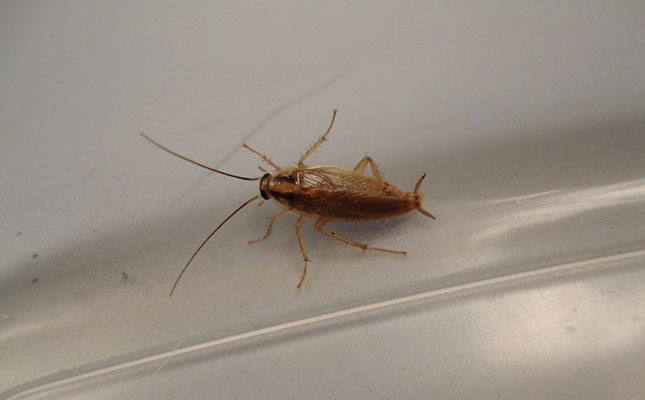
Photo: Sarah Camp, Pixabay
He told Farmer’s Weekly that the use of unregistered chemicals could lead to the loss of human life.
According to a CropLife SA statement, the wet and humid summer had brought about a near-pandemic outbreak of cockroaches in South Africa. Cockroaches were usually omnipresent, but a surge in German cockroaches had been reported countrywide.
READ The pros of integrated pest management
Verdoorn said that it was not only climate that caused the exorbitant numbers, but also the unhygienic conditions that prevailed in South Africa.
“Unfortunately, the surge in cockroach infestation triggered the large-scale unlawful use of pesticides that are not registered for indoor use, with possible disastrous effects. We’ve seen people decant unregistered products indiscriminately directly in the areas where the outbreaks occur. This is highly dangerous and actually life-threatening,” he added.
According to a statement by CropLife SA, effective cockroach control started with proper cleaning of human habitation and disposing of refuse and leftover foodstuffs.
A dirty kitchen that was littered with leftover food and freely available pet food acted as a magnet for the insects. Rubbish bags needed to be secured in plastic wheelie bins or drums beyond the access of cockroaches.
READ Breeding natural enemies to control pests
Floor surfaces, potential breeding spots and hideouts in kitchens, pantries and bathrooms had to be cleaned and disinfected with a diluted solution of sodium hypochlorite (domestic bleach).
Places that attracted cockroaches included electrical appliances such as fridges and washing machines, cupboards under kitchen and bathroom basins, drainpipe cavities in walls, food cupboards, outdoor drains and dark, enclosed areas such as garages. Cockroaches thrived in the heat and humidity underneath electrical appliances and basins, which was where they often set up breeding colonies.
Verdoorn warned against the use of unlabelled pesticides, as these products were likely to pose a severe hazard and risk to people when applied indoors.
READ The bacteria that serve as fertilisers and growth promoters
The use of pesticides in South Africa was highly regulated in terms of the Fertilizers, Farm Feeds, Agricultural Remedies and Stock Remedies Act (No. 36 of 1947).
“Any person advertising, selling, buying or using a pesticide may only do so according to the label instructions of the pesticide.
“We’re working closely with inspectors from the Directorate of Agriculture Inputs Control to clamp down on people who sell highly toxic substances, such as pure dichlorvos,” said Verdoorn











